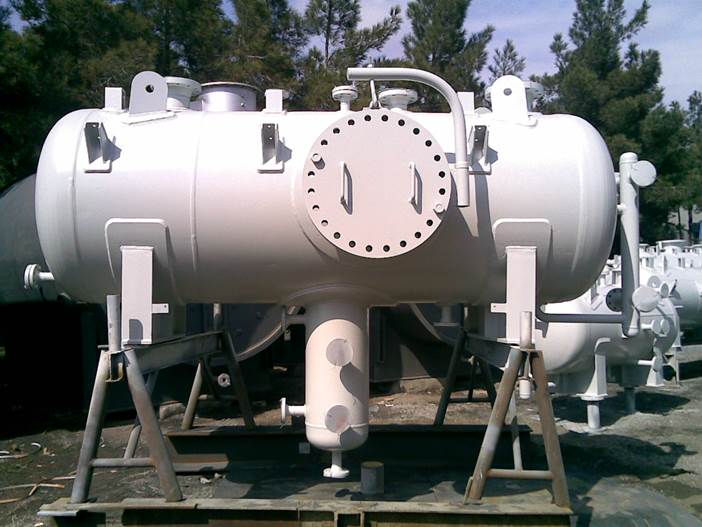Course Details
Your Growth, Our Mission

Course Description
The Training Course Will Highlight ?
paragraphs will be covered, and a discussion of individual problems or situations will be included.
Training Objective
paragraphs will be covered, and a discussion of individual problems or situations will be included.
Target Audience
Inspectors, engineers, maintenance and QA personnel who work for owner-user companies, inspection companies, fabricators, maintenance service and repair companies, inspection companies, EPC's and others who want an understanding of the principals and applications of ASME VIII Division
Training Methods
This interactive Training will be highly interactive, with opportunities to advance your opinions and ideas and will include;
- Lectures
- Workshop & Work Presentation
- Case Studies and Practical Exercise
- Videos and General Discussions
Daily Agenda
Understanding Codes and Standards
-
- History of pressure equipment Codes
- Scope of CSA B51 Boiler
- Pressure Vessel & Pressure
- Piping Code
- Design registrations
- Owner/user programs
Considerations that Form the Basis for Code Rules
-
- Ductile and brittle fracture
- Elastic and plastic collapse
- Creep and stress rupture
- Fatigue
- Stress intensity (concentration)
- Corrosion and environmental assisted cracking
Composition of Steels: Introduction to API 510
-
- Owner/user responsibilities
- Owner's inspector responsibilities
- Determining rates of deterioration
- Determining inspection frequency
- Weld joint efficiencies
ASME VIII, Division 1
-
- Finding your way around in ASME VIII Div. 1
- Application and limitations of Division 1
- Responsibilities:
- Owner-user
- Manufacturer
- Authorized inspector
- Materials and components
-
- Listed, unlisted, unknown materials, and test reports
- Bolting
- Casting efficiency
- Specifications: ASTM standards and ASME Section II Parts A, B, C
- Determination of minimum service temperature (MDMT)
- Loading determinations and formulas for thickness requirements
- Branch connections and reinforcement
- Vessel support considerations
- Non pressure loading
- Responsibilities of fabricator
- Responsibilities and duties of the authorized inspector
- Extent of required examination
- Leak testing
- Documentation required
- Marking and identification of pressure vessels
- Pressure relief requirements
- Weld design details
- Location and types of joints
- Service restrictions
- Weld joint classification system
- Weld joint efficiencies
- Weld attachment details
- Radiographic examination
- Carbon and low alloy steel requirements
-
- Heat treatment
- Temper bead welding
- Other materials and special constructions
- Mandatory and Non-Mandatory
Accreditation
BTS attendance certificate will be issued to all attendees completing minimum of 80% of the total course duration
Quick Enquiry
Request Info
Related Courses
Your Growth, Our Mission

